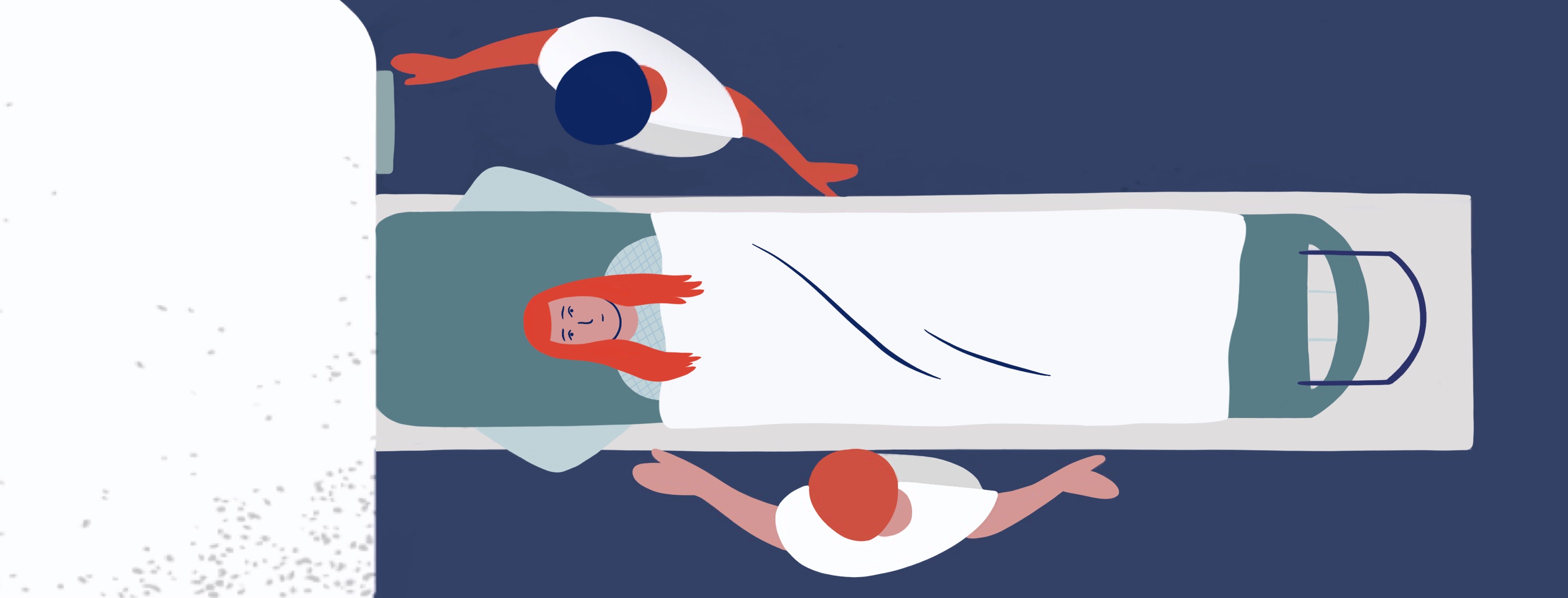MRI Anxiety
Medication used to be my least favorite part of my seizure care plan. However, over the past couple of years, my perspective shifted, and medical imaging took precedence. But despite the anxiety it induces, it is not only necessary but essential for individuals managing epilepsy.
Experiencing MRI anxiety with epilepsy
Recently, I had to undergo my first brain MRI in many years, an experience that brought a mix of emotions. Nervousness set in as I realized it had been over 2 years since I had any imaging or EEGs. Additionally, I was adamant about not having only 1 radiologist tech, heightening the anxiety-inducing process.
The MRI, conducted at an imaging center, was a comprehensive examination, including both with and without contrast scans. What set this experience apart was the exceptional consideration given to my request for 2 technicians to be present throughout the procedure.
The care team helped ease my anxiety
To ensure my comfort, they even allowed my husband to be present while I was getting ready and laying down on the table, a gesture that went above and beyond standard practices. (He then left while I underwent the test for his safety, preventing unnecessary exposure to radiation.)
This simple yet significant gesture transformed the atmosphere of the MRI suite. The dual technician presence provided a sense of support and assurance, making the process feel less clinical and more human.
Feeling heard and respected as an epilepsy patient
I felt heard and respected, a crucial aspect of patient care that we all value in our lives. Their willingness to accommodate this request demonstrated a commitment to patient-centered care that surpassed the technical aspects of the MRI.
When the time came for the contrast injection, both technicians walked in together, maintaining a unified and supportive presence as they administered the contrast to my IV. This collaborative approach significantly contributed to a sense of security during a moment that can often be anxiety-filled.
I felt secure during my MRI
As the contrast entered my veins, there was a momentary apprehension that was quickly eased by the reassuring demeanor of the technicians. Their synchronized actions and clear communication helped alleviate any anxiety, reinforcing the understanding that I was in capable and compassionate hands.
Receiving the results of any imaging test can also be a nerve-wracking experience. However, in this case, the news was the only time I wanted someone to tell me my brain was "unremarkable." I am delighted to report that I have a very unremarkable brain, and for that, I am grateful.
Confidence in my epilepsy treatment plan
Knowing that my brain is functioning within normal parameters is not only a relief but also an affirmation of the effectiveness of my treatment plan. Like my neurologist, I appreciate helpful data that informs and guides my ongoing care.
CT scans are up next
Looking ahead, I am scheduled for a CT scan to verify the flow of veins in my brain, prompted by recent and semi-consistent migraines.
Unlike the apprehension I may have felt in the past, I approach this next step with confidence. Knowing that my care team is committed to honoring my request for a dual technician presence, I am thankful for the consistent support and professionalism they have demonstrated.
Grateful for this patient-centered approach
The kind team who helped me through this experience has undoubtedly earned a place on this year's "Thankful List" for me. They empowered me by not only accommodating a request I thought might be too big, but also explaining how simple and happy they were to do so.
Their commitment to patient comfort and individualized care has made a significant impact on my healthcare experience.

Join the conversation